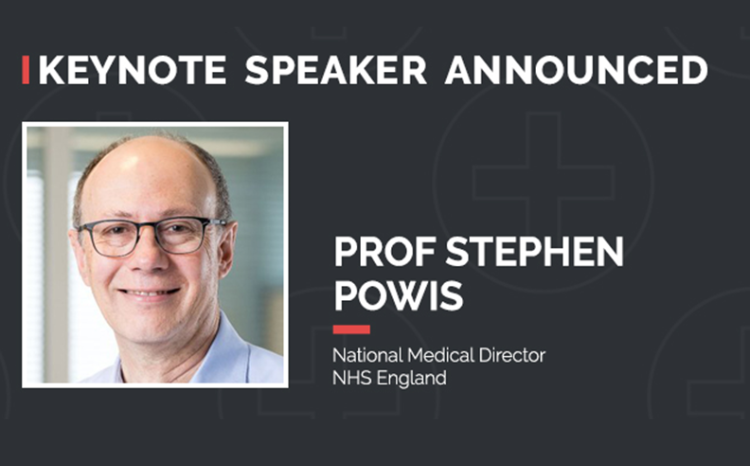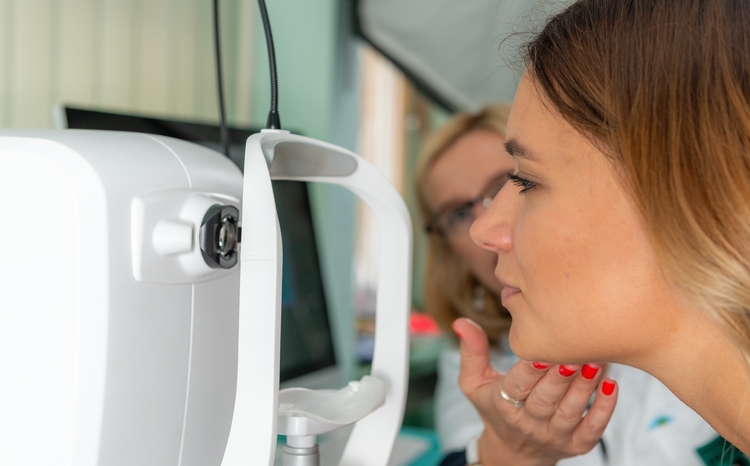GP extract to care.data starts in March
- 2 December 2013

The extraction of GP data as part of the care.data programme will begin from March next year.
The programme will take a monthly dataset from GP practices, covering patient demographics referrals and prescriptions. This will be linked with data from secondary care to create a new set of Care Episode Statistics.
An update on the care.data programme, due to be presented to the Health and Social Care Information Centre’s board meeting this week, says that the preparations are “well underway.”
“A phased roll-out is being readied over a three month period with full extractions anticipated in May 2014 (first extraction from March) allowing time for the HSCIC to assess the quality of the data and the linkage before it is made available to commissioners in anonymised form,” says the paper.
“In addition, the board’s feedback on the data controller position is being picked up in discussion with the Information Commissioner’s Office.”
The care.data programme was approved by an Independent Advisory Group in April this year, and NHS England’s business plan, also released in April, said it planned on 75% of GP practices to provide data extracts to care.data by September.
In August this year, GPs were told they had eight weeks to inform patients before extractions were due to begin.
However, in October this year, EHI reported that the extractions of GP were halted while issues around patient awareness of the scheme were resolved.
The government has set up a leaflet drop on care.data to be sent to every household in England in January 2014. Patients will be able to opt out of the extracts via a Read code in their record.
The care.data update says that digital content will be updated in advance of the drop and “complementary regional activity is planned by NHS England.”
“A patient information line to handle patient queries in relation to the leaflet is currently being put in place,” it adds.
NHS England announced in July this year that it wants to reduce the cost for researchers to access the data sets to £1. However, the paper says this has not been agreed.
“Whilst legal advice indicated the effective removal of charges may be possible, there remains a need to clarify prinicples with NHS England in terms of where charges would be reduced,” it says.
The update also says that there is a risk that the programme might be delayed due to its “complexity”, and daily calls are put into suppliers.
“Care.data primary care extract may not deliver on time due to the unknown amount of complexity of defects that may occur during certification and first of type activities based on progress to date,” it says.
Another reason why the programme might delay is that “funding sources for the programme going forward is not yet confirmed.”




